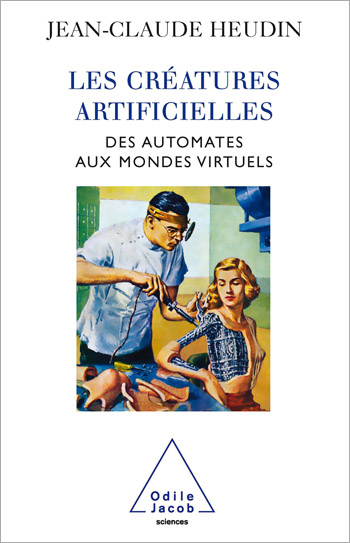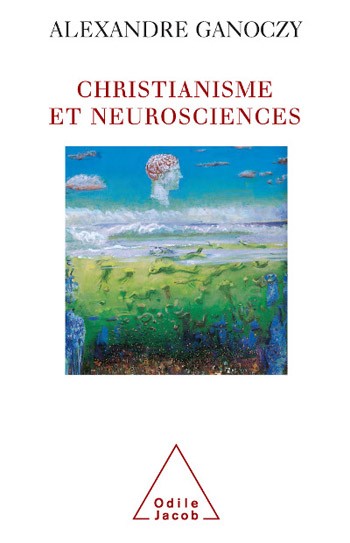Neuroscience All books
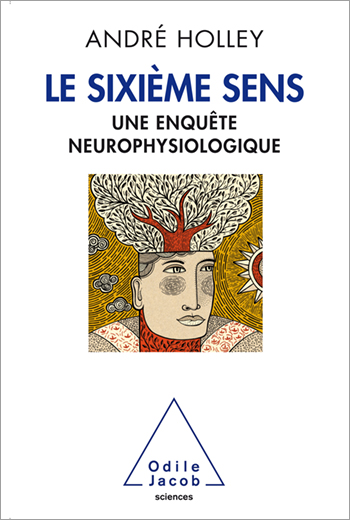
André Holley
The Sixth Sense A Neurophysiological Enquiry
The outside world is not the only source of sense stimuli; other, internal types of sensibility can stimulate the brain
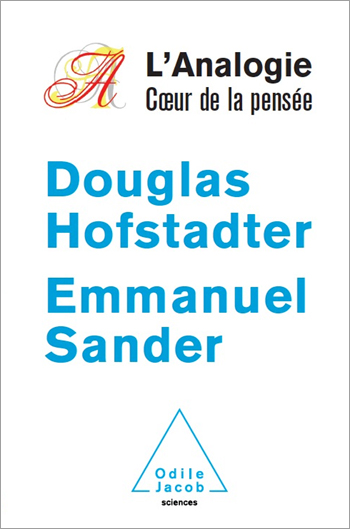
Douglas Hofstadter, Emmanuel Sander
Analogy:Surfaces and Depths A New Theory of Mind
Could analogy, which we use unconsciously every day, lie at the core of human thought?
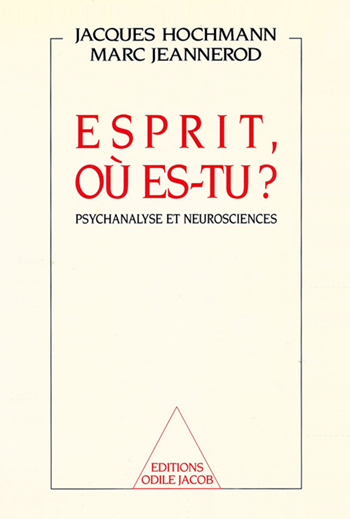
Jacques Hochmann, Marc Jeannerod
Is there anybody there ? Psychoanalysis and Neuroscience
For the first time, a psychoanalyst and a neurophysiologist have put their expertise together in order to progress in knowledge. The focus is rather on their ability to listen to each other, and their avoidance of concessions, than on individualistic, polemic arguments. Thus, important bridges are built between the two disciplines, which perhaps heralds the advent of another psychology. Jacques Hochmann is a professor of psychiatrics and a psychoanalyst. Marc Jeannerod is a professor of physiology and a neurophysiologist.

Bernard Poulain, Etienne Hirsch
Frontiers in the Neurosciences
Along with Étienne Hirsch and Bernard Poulain, thirty prestigious contributors present an assessment of what the neurosciences will be in twenty years.
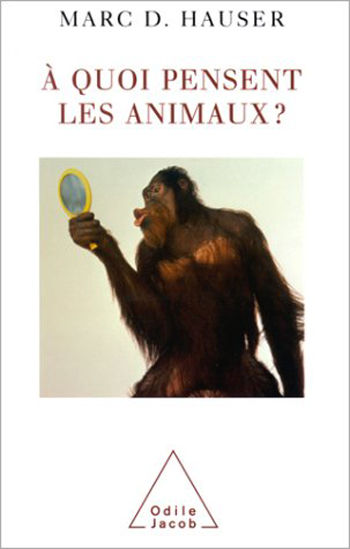
Marc D. Hauser
Wild Minds: What Animals Really Think
A slender loris comes up to a zoo keeper and hugs him. A dog lowers its head and whines when its master is unhappy. Is such behaviour a sign of affection and empathy or are other mechanisms at work, to explain the animals near-human behaviour? Why do chimps and dolphins form coalitions to defend themselves? How do lions determine, from far away, the number of gazelles calmly watering by a stream? How is it that a few species can recognise their own image in a mirror? Marc D. Hauser is a professor of psychology and neuroscience at Harvard University, where he is a fellow of the Mind, Brain and Behavior Program. Besides performing laboratory research, he has done extensive fieldwork in Kenya, Uganda and Puerto Rico.
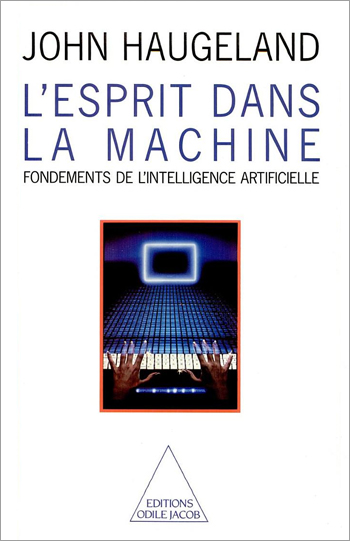
John Haugeland
Artificial Intelligence: The Very Idea
At once philosophical and instructive, this work offers a synthesis of a discipline that marks a revolution, both intellectual and technological, in the approach of the human spirit. John Haugeland teaches philosophy at the University of Pittsburg.
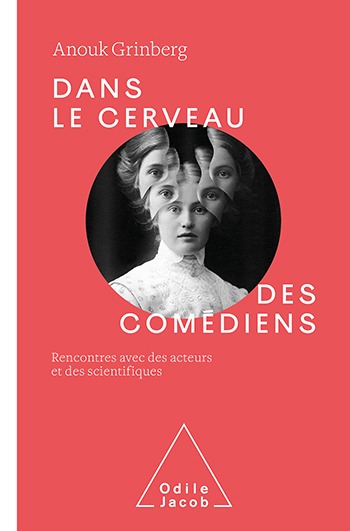
Anouk Grinberg
The Actor, the Game, and the “I”
The activity of an actor viewed from the wings, told from the inside by one of the greatest French actresses.
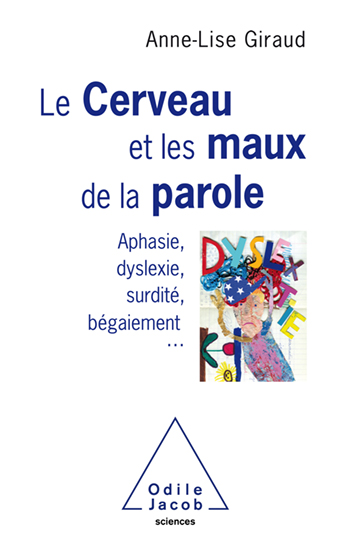
Anne-Lise Giraud
The Brain and Speaking Disorders Aphasia, Dyslexia, Deafness, Stuttering
Both clear and detailed, a book that provides correct answers to the questions that are asked about speech and the pathologies related to it.
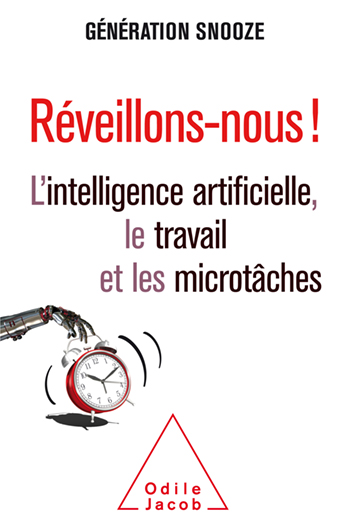
Génération Snooze
Snooze
Written by two practitioners of Artificial Intelligence, this book is both very accessible and very concrete.
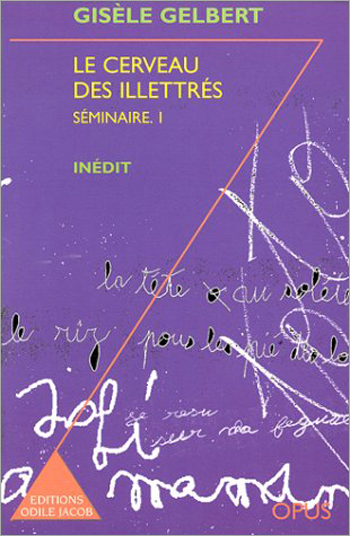
Gisèle Gelbert
The Illiterate Brain
Is illiteracy a social scourge, or is it an aphasia-like disorder? To find the answer, Gisèle Gelbert delves into the mysteries of the brain of an illiterate person, and teaches us the art of `repairing' it. By thoroughly breaking down each linguistic act, she is able to define and localise with great accuracy the disorders observed in both written and oral expression. She also makes use of the schema to develop exercices that are especially adapted to the clinical observation of localised disorders, thus opening the door to new therapeutic possiblilities. Gisèle Gelbert is a neurologist and aphasiologist. She is the author of "Lire c'est vivre "(Opus, 1996) and "Lire c'est aussi écrire" (1998).
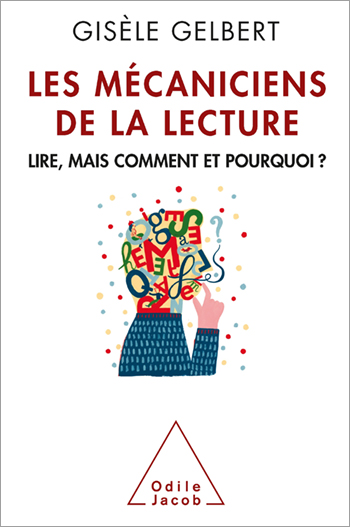
Gisèle Gelbert
The Mechanics of Reading Skills Learning to read, but how and why?
A therapeutic approach to language disorders has been shown to work.

Michael S. Gazzaniga
The Social Brain
This book investigates the concepts of the "right brain" and the "left brain". According to the author the brain is most certainly made up of relatively autonomous modules which react independantly to environmental pressures. At least one of the modules, situated on the left side of the brain, is responsible for the interpretation of answers which may be contradictory with others, whereas yet another module on the same side translates into words the result of this interpretation. So, instead of being a unique, monolithic system that we imagined, the brain would appear to be a collectivity of systems - a social brain. This approach enlightens us as to the functioning of the human brain, and according to Gazzaniga, affects the very roots of our belief systems and societies. Renowned American neurologist, Michael Gazzaniga is Director of the Cognitive Neuroscience Division of Cornell University and chairman of Neuropsychology.
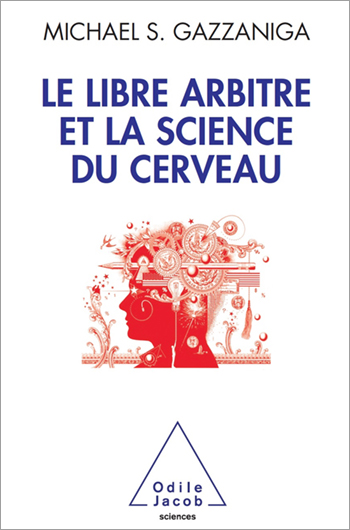
Michael S. Gazzaniga
Who’s in Charge? Free Will and the Science of the Brain
Are we really the masters of our actions and are we wholly responsible for what we do?

